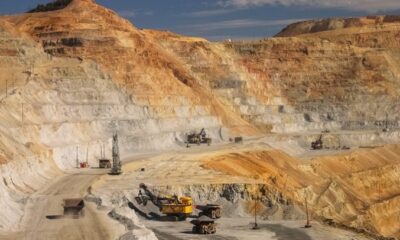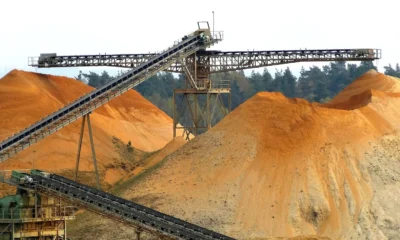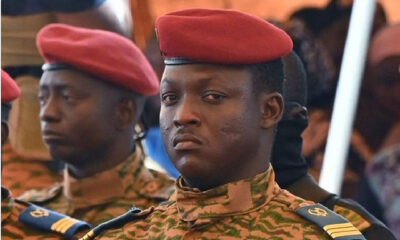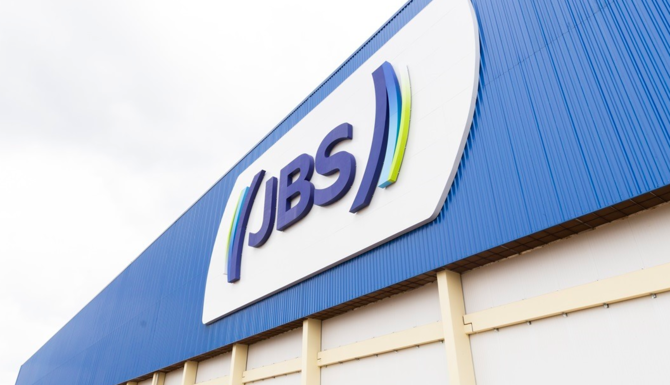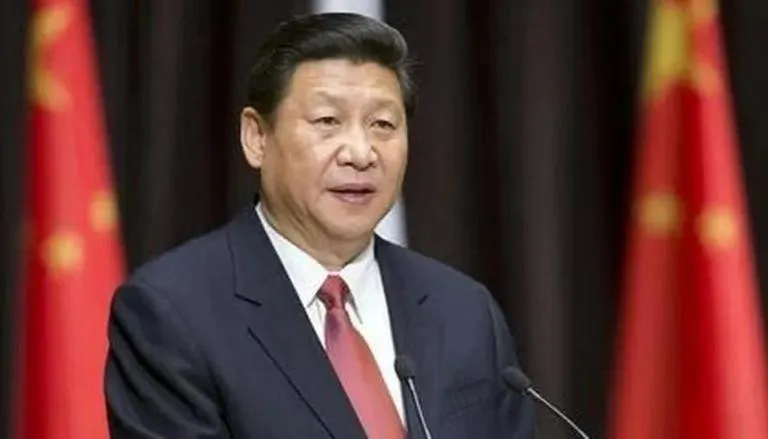Musings From Abroad
US excludes Burkina Faso from trade agreement with African countries. Here’s why

Musings From Abroad
Brazilian meatpacker JBS invests $2.5 billion in Nigeria, builds six facilities
Musings From Abroad
China’s Xi meets with Morocco’s Crown Prince
-

 Sports2 days ago
Sports2 days agoSA football legend Lucas ‘Masterpieces’ Moripe passes away
-

 Metro2 days ago
Metro2 days agoWanted Zambian MP who escaped from prison custody captured in Harare
-

 Metro1 day ago
Metro1 day agoNigerian Senate confirms influx of terrorists from Mali, Burkina Faso into the country
-

 Culture2 days ago
Culture2 days agoMiss SA opens up on why she withdrew from Miss Universe pageant


